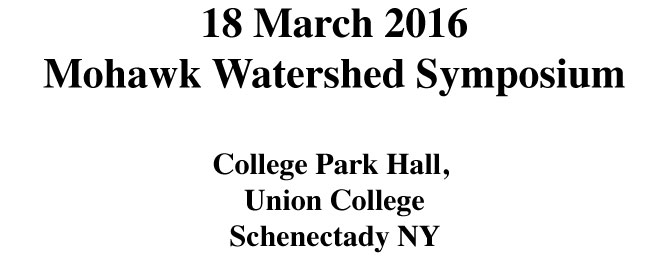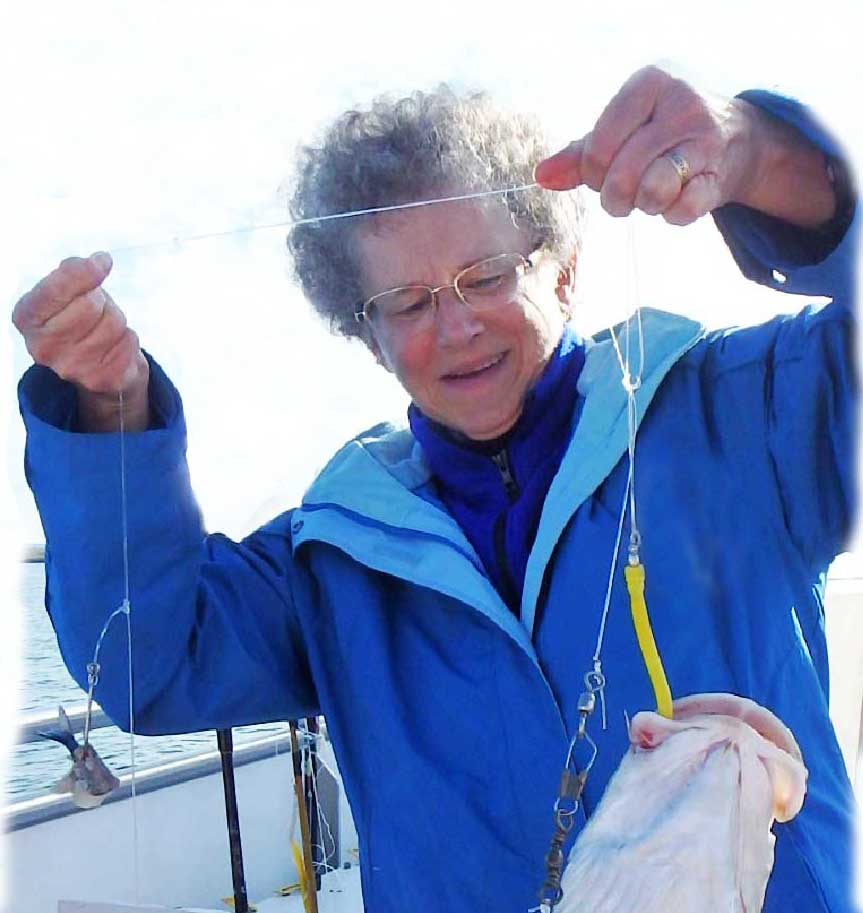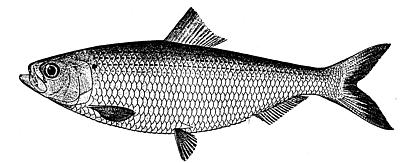
Keynote Speaker
Dr. Karin E. Limberg
SUNY College of Environmental Science and Forestry,
Syracuse NY
"From the mountains to the sea and back again: why the
Mohawk River is important to the North Atlantic"
Karin Limburg is an ecologist who focuses primarily on fisheries, watersheds, and aquatic ecosystems. Much of her work has been with fisheries in New York State watersheds, including the Hudson and Mohawk Rivers. But her work includes the marine realm including the Atlantic Ocean and the Baltic sea and part of this effort is focused on understanding links between freshwater systems and the oceans.
Her research with fish includes "otolithology" where the ear bone (or otolith) captures a remarkable record of environmental conditions in ecosystems. She received the Exemplary Researcher Award in 2010 at SUNY ESF. She went to Vassar College (A.B.) and double majored in Biology and Ecology/Conservation, she earned a M.S from the University of Florida (Gainesville) and she did her PhD in Ecology and Evolutionary Biology at Cornell University. She has used isotopes and geochemistry of otoliths from river Herring to quantify changes in environmental conditions and fish migration.
She has published extensively in the scientific literature and also in the popular press. Over time her research has focused more on understanding ecosystems on a regional scale and how marine and freshwater systems are interconnected. She has recently advocated for a re-evaluation of dams in the US because of the harmful effects on river ecology. She was co-author on a recent paper that concluded that hydropower dams in the Northeast that were designed to allow migratory fish to pass upstream have failed and thus adversely affected fisheries. A recent piece entitled “Let the River Run Wild” points to the harmful effects of dams on river ecology in the Northeast.


